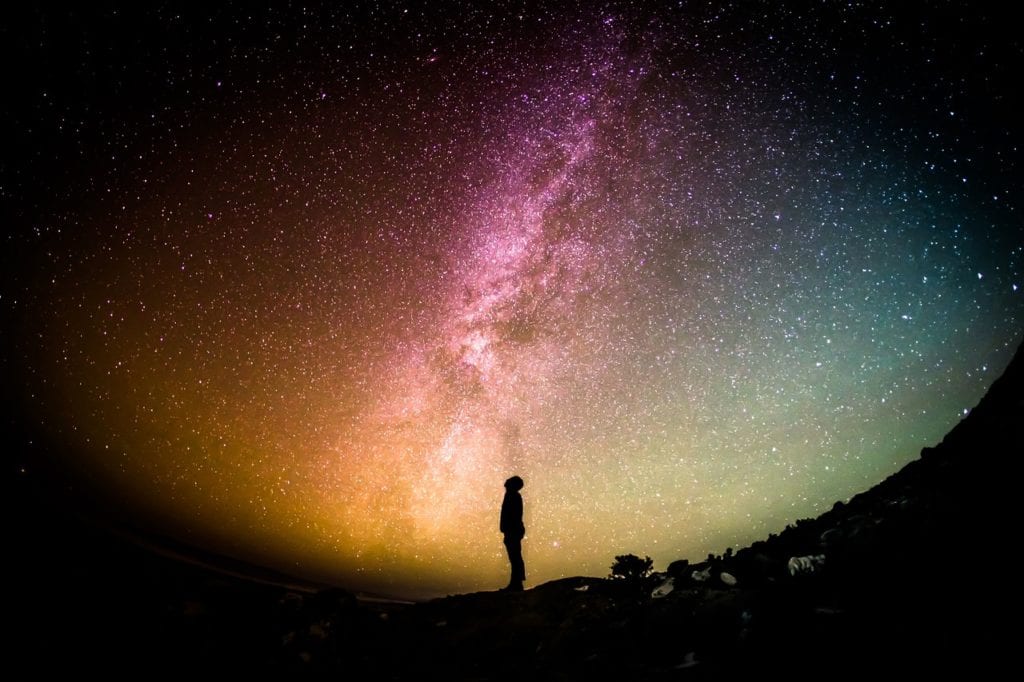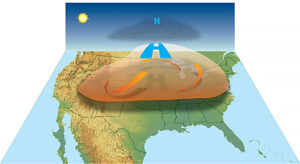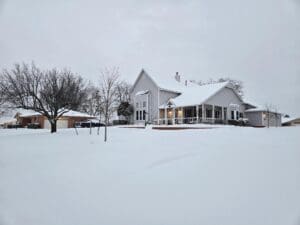Science is a systematic and logical process that allows us to learn how the universe works. It is also the sum of knowledge acquired through previous discoveries. Science helps us to explain the past and predict the future.
The word “science” is derived from the Latin word “scientia,” which is knowledge acquired from data that be demonstrated and reproduced. The earliest roots of science can be traced to ancient Egypt and Mesopotamia circa 3500 to 3000 BCE.
Science strives for measurable results through experimentation and analysis. Science is based on fact, not opinions or preferences. The methodology of science is designed to challenge ideas through exploration and experimentation.
The scientific process focuses only on the physical or natural world. The study of the metaphysical (supernatural) does not fit the definition of science.
The Scientific method
While conducting research,scientists utilize the scientific method to gather empirical evidence, (information collected by means of the senses, particularly by observation and documentation of patterns and behaviour through experimentation). The term comes from the Greek word for experience, “empeiria.” This empirical evidence is used to formulate a hypothesis (a proposed explanation of limited evidence as a starting point for further investigation) which is often in the form of an if/then statement. The end result is to support or contradict a theory (a system of ideas intended to explain something).
Steps of the scientific method:
Make an observation or observations.
Ask questions about the observations and gather information.
Form a hypothesis and make predictions on that hypothesis.
Test the hypothesis and predictions in an experiment that can be reproduced.
Analyze the data and draw conclusions.
Accept or reject the hypothesis or modify the hypothesis, if necessary.
Reproduce the experiment until there are no discrepancies between observations and theory. Published experiments that can be reproduced form the foundation of science. If the experiments can not be reproduced, there is no “science.”
The hypothesis must confirmable and falsifiable. Falsifiable means that there must be a possible negative answer to the hypothesis.
Research must involve deductive and inductive reasoning. Deductive reasoning starts out with a general statement, or hypothesis, and examines the possibilities to reach a specific, logical conclusion. Inductive reasoning is the opposite of deductive reasoning. Inductive reasoning makes broad generalizations from specific observations.
An experiment should include a dependent variable (which does change) and independent variable (which does not change).
An experiment should include an experimental group and a control group. The control group is what the experimental group is compared to.
Scientific Theories and Laws
Theories do not become laws. Theories and laws tell us very different things. Laws tell us what happens. Theories explain how and why something happens. In science, laws are simple facts and formulas that are so basic that they apply universally. An example of a law is Ohm’s law, which has the formula, I-V/R. This states that current (I) in an electrical circuit equals the voltage (V) divided by the resistance (R). An example of a theory is the theory of heliocentrism formulated by a Polish astronomer, Copernicus. He theorized that the Earth revolves around the Sun. This is a theory that has been scientifically proven.
What if a theory turns out to be wrong? What if it has a flaw? Let’s say you build a house, then realize there is a room without a door. Do you walk away and start over? Or do you look to see if there is a way to install a door to make the room usable? Or maybe you decide the room is not necessary and remove that part of the building.
The same thing applies to theories. As we learn more and more about the universe, we expand and refine our theories and our explanations of how the universe works. Occasionally, discoveries are made that are so profound that we discard an old theory. Then we start from scratch to develop a new theory that fits the new evidence as well as the old. Scientists look for evidence that the new theory is wrong, this is how science works. Albert Einstein once said, “No amount of experimentation can prove me right; a single experiment can prove me wrong.”
Saying something is “just a theory” is a layperson’s way of saying “just a hunch” and has no relationship to the use of the word “theory” in science. In science, a great deal of experimentation, solid evidence, often with modification as more evidence is gathered, is necessary before an explanation becomes a theory.










